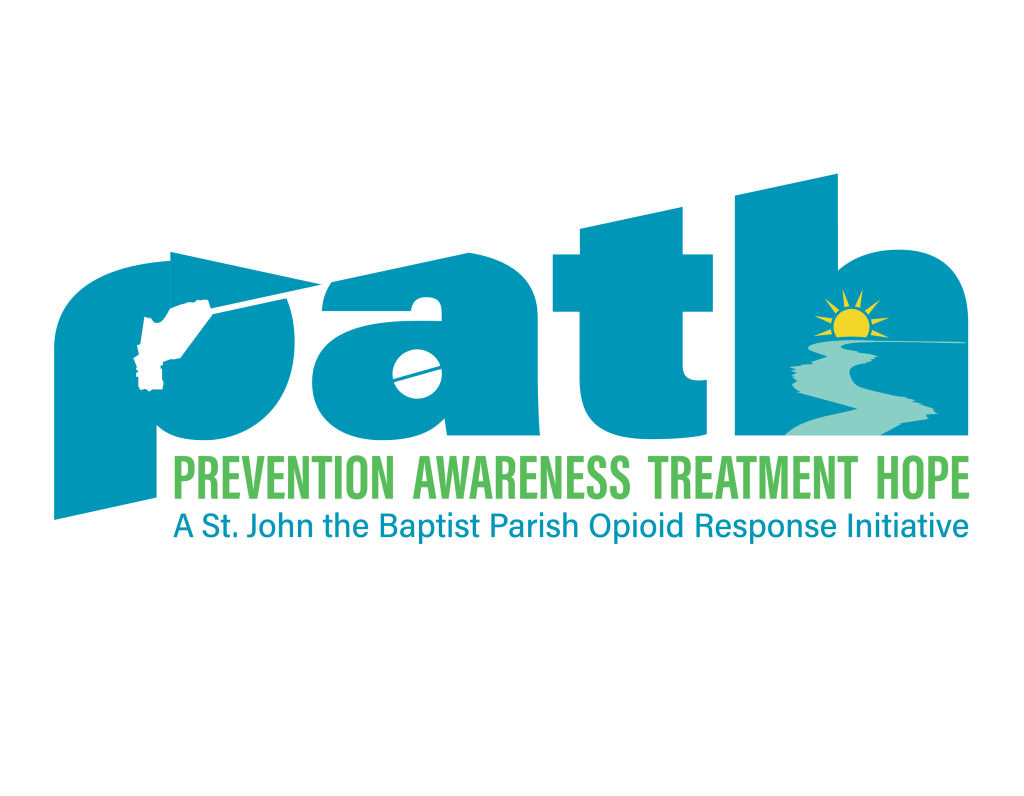Witnessing a family member struggle with opioid addiction can be incredibly difficult. It's natural to feel frustrated, scared, and unsure of how to help. But know this: your love and support are powerful tools in their fight for recovery.
Opioid addiction is a complex disease, and the path to recovery won't be linear. But with the right approach and resources, you can make a positive difference in your loved one's life. Here are some initial steps to consider:
Learn about opioid addiction, including its warning signs, treatment options, and how to best communicate with someone who is struggling.


Let your relative know you care deeply about them and you want to see them healthy. Avoid accusatory language or blame.
Talk to your doctor about treatment options or research local treatment facilities. Suggest accompanying them to appointments to show your unwavering support.


While your love is crucial, enabling their addiction isn't helpful. Don't lend money or provide them substances they could misuse.

Learn about opioid addiction, its effects on your body and
mind, and the different treatment options available.
Knowledge empowers you to make informed decisions
about your recovery.
Learn about opioid addiction, its effects on your body and
mind, and the different treatment options available.
Knowledge empowers you to make informed decisions
about your recovery.
Learn about opioid addiction, its effects on your body and
mind, and the different treatment options available.
Knowledge empowers you to make informed decisions
about your recovery.
Learn about opioid addiction, its effects on your body and
mind, and the different treatment options available.
Knowledge empowers you to make informed decisions
about your recovery.

office:
811 W. Airline Highway, Suite 171,
Laplace, LA 70068
(Hours 8am – 4:30pm)

(6pm – 8:00pm)
Classes:
River Parish Community College,
181 Regala Park Rd,
Reserve, LA
